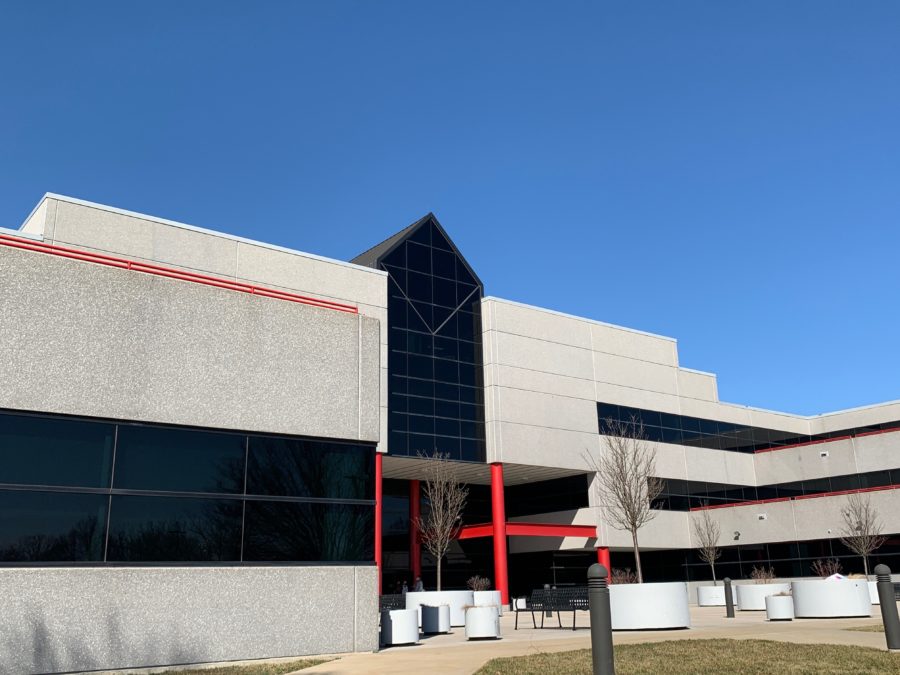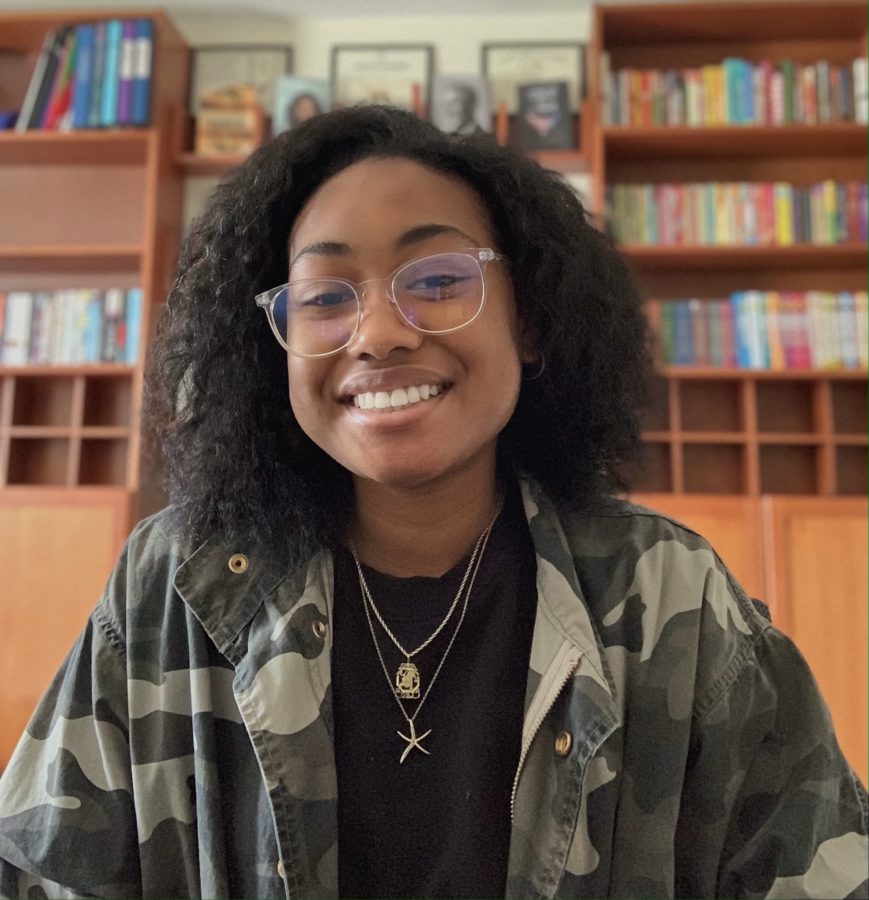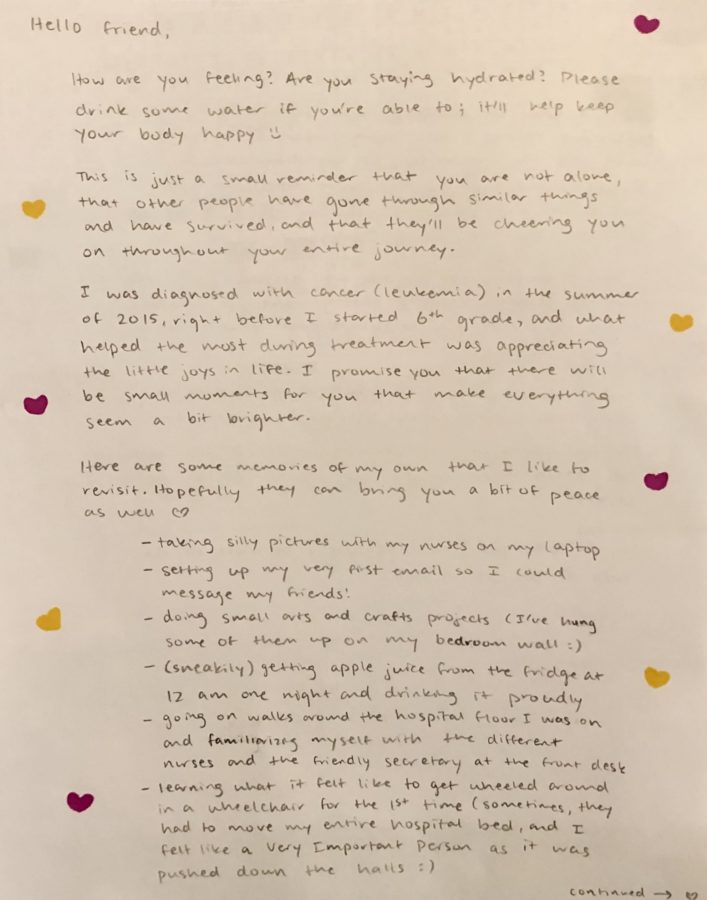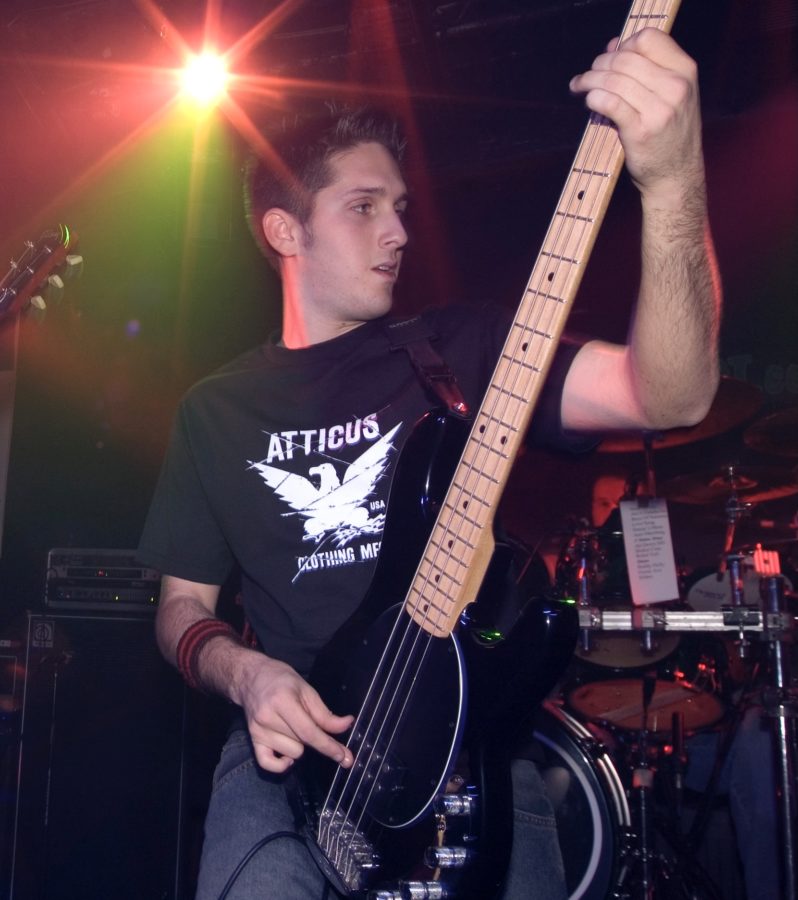By Mira Harris, Staff Reporter
Victoria Budike, Conestoga Class of 2019, Northeastern University

Northeastern University freshman and Conestoga Class of 2019 alumna Victoria Budike was shocked when her first college rowing season was cut short due to COVID-19. After seven and a half months of training, her coaches made the difficult decision, under an advisory from the Colonial Athletic Association, to end the season.
“I was really upset because the seven months of training that I had been doing was to be fast in the spring, and then it was all over,” Budike said.
Usually, college rowers are only allowed to row for four years, but because Northeastern is a five-year institution, she was granted another year of eligibility to row. This is bittersweet for Budike, whose full-ride scholarship may be extended for another year. On the other hand, she will have no more spring racing experience than the incoming freshmen.
“Now that our spring season was canceled, I am going to basically be on the same level as all of the freshman rowers. We’re going to be seniors on the team together,” Budike said.
The most important thing she has learned during this pandemic is to treat every day like it’s special.
“I learned that you have to live in the moment and be present. You have to treat every day like it’s the last day you’re going to be in that boat with your teammates,” Budike said.
Alex Dyer, Conestoga Class of 2018, Marquette University

Class of 2018 alumnus Alex Dyer’s sophomore semester of studying abroad was abruptly cut short when he contracted COVID-19. At the start of his semester, Dyer spent weekdays studying marketing at Comillas Pontifical University in Madrid and exploring Europe on the weekends.
Although many parts of the continent were starting to shut down, on March 11, Dyer and his friends decided to go ahead with plans to spend St. Patrick’s Day in Dublin.
“We had already paid for the trip, so we couldn’t not go,” Dyer said.
They arrived on a Wednesday night, and by Saturday, he developed a fever. At the Mater University Hospital in Dublin, he was told that he had tested positive for the coronavirus and needed to be quarantined for two weeks. Dyer believes he contracted the virus from a friend he was studying with in Spain.
“Other than nurses who came in every few hours to give me food and check my vitals, I was alone the whole time,” Dyer said, “Every time they came in, they put on a full outfit with pants and a mask and goggles, it was kind of bizarre.”
He passed the time by doing schoolwork, watching Netflix and working out on the floor of his room. To make the time go by faster, he slept as much as possible. Other than cold-like symptoms for the first two days, Dyer felt completely healthy for the rest of the time he was quarantined. When the two weeks ended, he got on the first flight back to the United States.
“The plane had probably like 300 rows, and there were, like, 25 people on the plane total,” Dyer said.
He says that although he cannot leave his house in Berwyn, he is grateful to have made it through contracting COVID-19.
“Just like everyone else, I want everything to go back to normal, but don’t get me wrong, it’s a lot better than being alone in Ireland,” Dyer said.
Priya Aravindhan, Conestoga Class of 2019, Gap year, George Washington University
Rather than heading straight to college, Class of 2019 alumna Priya Aravindhan decided to take a gap year to reconnect with her Indian roots. Her plan was to spend five months in India living with her grandmother, volunteering and playing tennis.
“I always felt a disconnect with my Indian culture, and I wanted to take some time to fully dedicate myself towards traveling and fully immersing myself,” Aravindhan said.
The most rewarding part of her trip was teaching English to seventh graders attending a local public school. In India, public schools are very underfunded, and students do not have access to the same quality of education that exists in American public schools. Aravindhan also worked with a non-governmental organization that worked to make sports accessible to students in public schools.
While she was in India, Aravindhan closely followed the COVID-19 outbreak in other parts of the world. For a while, India had so few cases that she did not think it would have any impact on her trip. Then, the public school she was volunteering at closed down. So did the local tennis courts and the malls. Finally, when India announced that it was closing its borders, she made the difficult decision to leave and take her grandmother with her.
“It was so hard because at that time, the U.S. had so many more cases than India, and my fear was that if I took my grandma now, there could be a large chance that someone on our flight could be infected,” Aravindhan said.
After following a strict hygiene regimen on the plane and in the airports, they both made it safely to the United States. For Aravindhan, the hardest part about having to go home early was leaving the seventh graders she was teaching.
“It’s such a feeling of helplessness in the midst of this unraveling situation. When everything shut down it happened so abruptly, and I was never able to say goodbye to those kids. My trip felt so unfinished, but it instilled this motivation in me to continue to do what I can to help,” Aravindhan said.
Griffin Hamilton Conestoga Class of 2017, United States Naval Academy
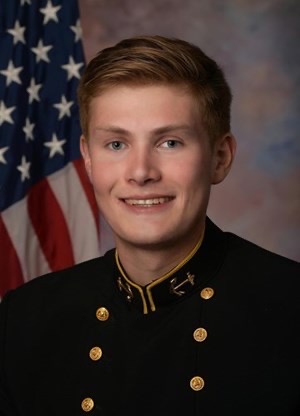
Griffin Hamilton, a junior at the United States Naval academy, was on spring break with his crew team in Gainesville, Georgia when he found out that classes had ended due to COVID-19. Hamilton has not returned to school since mid-March, and Navy summer training has been postponed. The Department of Defense travel ban, in place until June 30, prevents Hamilton from traveling domestically.
“The word they used was to stay in our locality with a limit of 150 miles. Nobody can move without special permission from really high-ranking officers,” Hamilton said.
Summer break at the Naval Academy works differently than at most universities. It is divided into three blocks of roughly three and a half weeks each. One block is typically used for time spent in the fleet, on a ship somewhere in the world, the second is reserved for professional training like internships or foreign exchange and the third is leave, or vacation time. Now, many of those activities have been postponed or canceled.
“This is the longest time I’ve been home since I started school at Navy,” Hamilton said.
He is most disappointed about missing out on rowing with his senior teammates this spring. After graduation from the Naval Academy, seniors are sent to serve as officers in the Navy for five years.
“A lot of the seniors on the team are some of my best friends, and not getting to see them race is kind of heartbreaking,” Hamilton said.
While he has been quarantined, Hamilton has been trying to keep a routine and work out every day. For him, the best part about being at home has been spending time with his family, which he has not had a lot of time for since starting at the Naval Academy. Through the pandemic, Hamilton has learned to not take for granted being able to spend time with his friends.
“We all live in the same dorm and having the ability to just walk no more than five minutes and talk to anybody I need to is great. Personal relations with other people are something I value a lot and I will definitely make that a priority once I can again,” Hamilton said.
Mira Harris can be reached at [email protected]




















































































